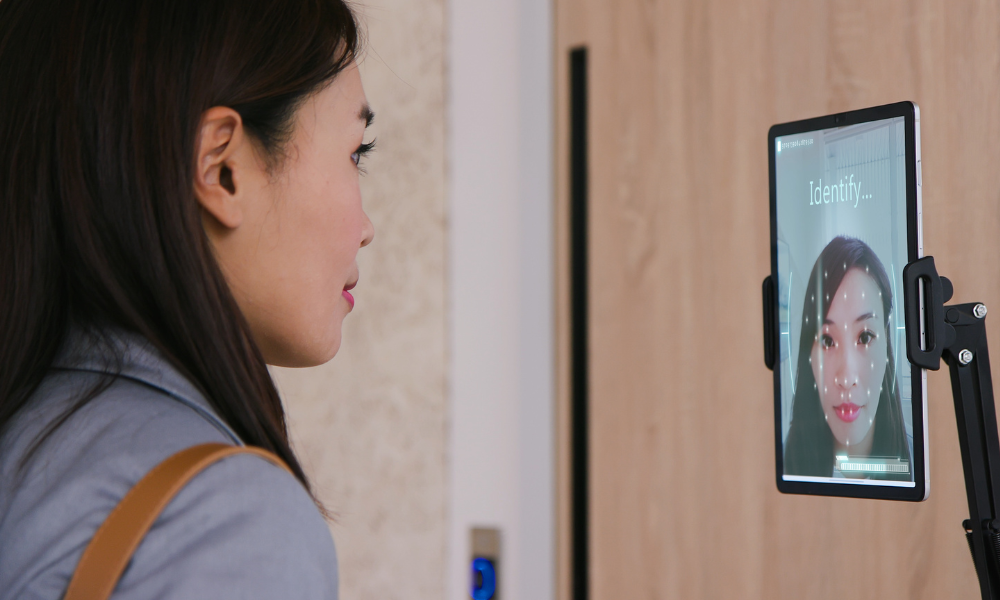
Retailers say it's a 'valuable intervention' to help keep customers and employees safe

Major retailers in New Zealand have backed the use of facial recognition technology (FRT) to reduce harm and prevent retail crime.
The heads of major NZ retailers issued a joint statement last week saying the technology is a "powerful and effective tool" alongside other crime prevention resources, such as security guards, fog cannons, body cameras, CCTV, and other tech solutions.
"We are firmly of the opinion that FRT, when used fairly and accurately, can be a valuable intervention to help keep customers and employees safe," they said in a statement.
According to the retailers, FRT can target repeat offenders, who contribute a "significant portion of retail crime".
"FRT offers the opportunity for us to quickly identify individuals of interest as they enter the store. Staff and/or security personnel are then able to respond quickly and decide how to manage each situation," it read.
"Intervention is not required for every situation but FRT helps our teams to prevent or de-escalate incidents and offences."
Among the undersigned in the statement are heads of NZ retailers, including Woolworths New Zealand, The Warehouse Group and Bunnings.
Their joint statement comes after Foodstuffs North Island (FSNI) trialled a facial recognition technology model last year that used the technology to "identify people of interest" from an image database called a watchlist.
A review of the trial by Scarlatti, a research, analytics and evaluation firm, found FRT reduced serious and harmful behaviour by around 16%, equivalent to around 100 serious events, such as assaults, abuse, and other aggressive or disorderly conduct.
FSNI's trial was also deemed compliant with the Privacy Act, but the Office of the Privacy Commissioner noted that improvements are needed before FRT can be made permanent or expanded to more stores.
Improvements include ensuring that the watchlist criteria reflects a high threshold and is not used for managing lower-level criminal behaviour such as minor shoplifting.
There are also previous concerns of unfair application to the FRT watchlist that could create or perpetuate discrimination.
"We acknowledge Foodstuffs North Island for their leadership in trialling this new technology, and also the oversight provided by the Office of the Privacy Commissioner in assessing FRT's suitability for use in New Zealand," the retailers' statement said.
The retailers also acknowledged that guardrails are needed to ensure FRT is used in a fair and accurate way.
"Guardrails are needed to support customers' privacy, and to guard against potential bias and discrimination," the joint statement said.
They made a commitment to work with Retail NZ to develop best practices on FRT to ensure that it keeps people safe and is in line with the Privacy Act.
"The use of FRT in the right settings with the right controls will provide positive benefits and outcomes for customers, retailers, and workers, while not impeding on the privacy of New Zealanders," the retailers said.